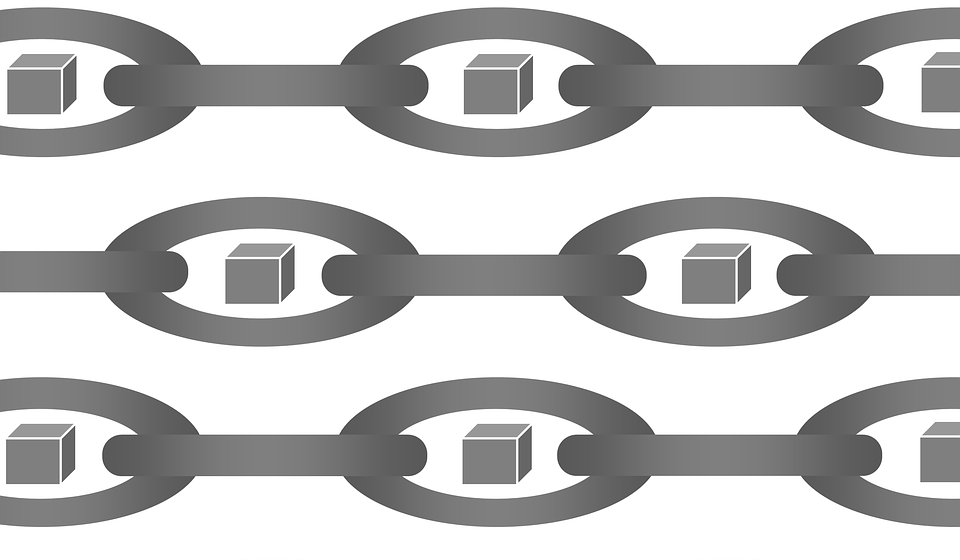United Nations Authors White Paper on Blockchain Potential for Supply Chains

The United Nations has showcased its interest in blockchain technology briefly in the past - yet, recent reports indicate that the organization’s trade body is now examining blockchain and smart contracts to determine whether the technology can play a role in its operations.
The United Nations Centre for Trade Facilitation and Electronic Business, dubbed as CEFACT, has released a white paper where it studies the potential of the technology.
The CEFACT is already in-charge with developing standards for the trade and supply chain industries, therefore a look towards blockchain technology, and its electronic notary, smart contract and decentralized process coordination is mandatory.
CEFACT considers that blockchain technology is a method of ditching traditional bureaucratic and paper-based processes, while also ensuring high transparency and high-trust protocols which are required by supply chain systems. Additionally, the white paper also explores the types of data that can be transmitted via the technology – invoices, insurance, shipping data, bills, consignment and more.
Despite noticing the huge potential of the technology, the white paper also explores some of the possible issues: "Blockchain technology does not solve the interoperability problem that UN/CEFACT standards have always supported. Also, different blockchains are far from equal in terms of the level of trust that participants should place in them."
With this in mind, the authors believe that there is high potential for CEFACT to leverage the advantages of blockchain technology, yet other systems such as the Internet of Things (IoT) should be added to further enhance supply chain efficiency.
According to the authors, "It could be very useful to develop a conceptual model of the international supply chain that shows the role of each technology within the broader map of stakeholders, services, and standards."
Lastly the white paper suggests an approach for the future. The authors believe that the UN/CEFACT should continue working with industry experts and national delegations to encourage the development of innovative technical specifications for the technology, which can then be implemented onto the industry.


